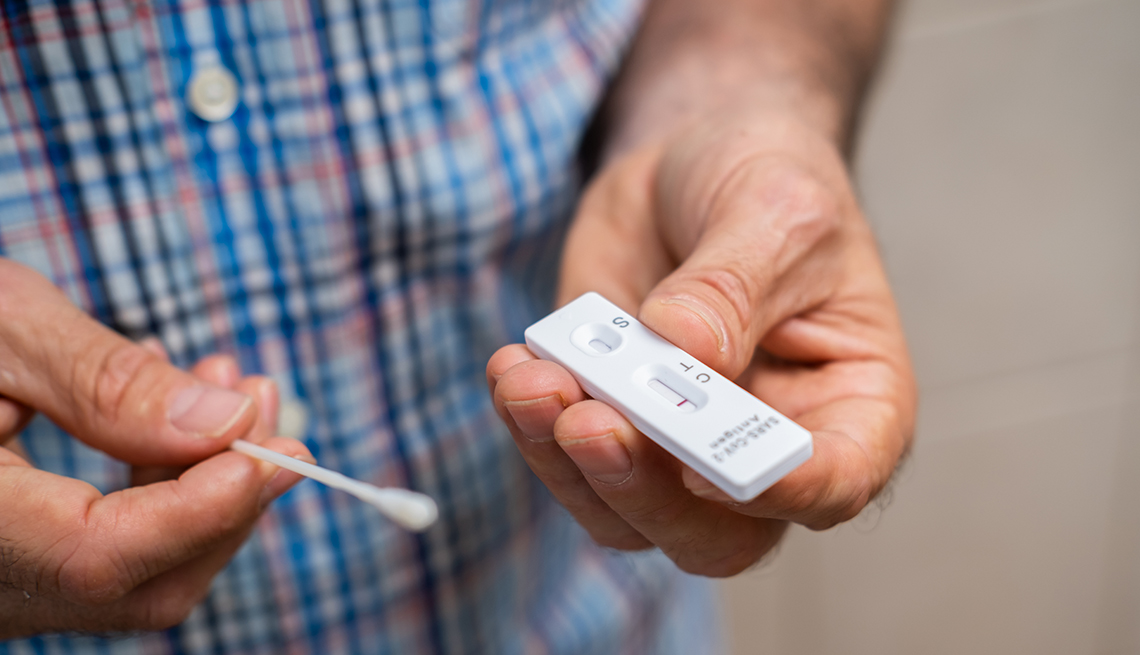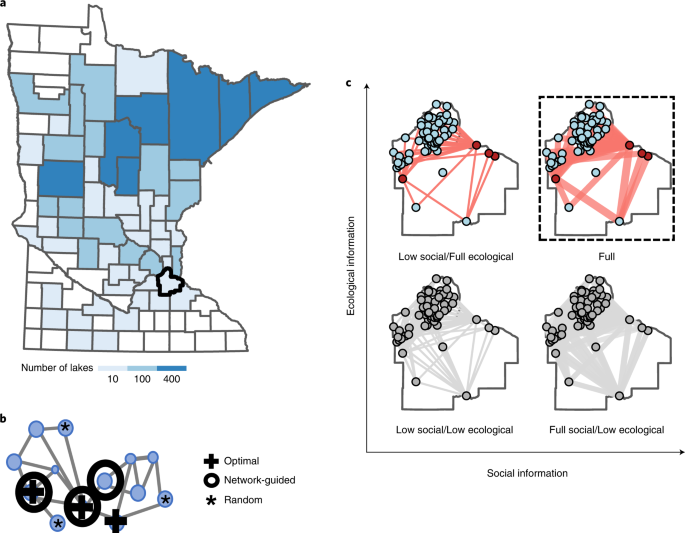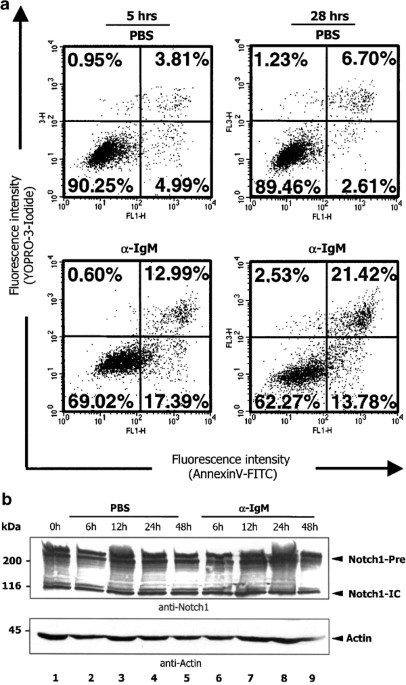
- Select a language for the TTS:
- UK English Female
- UK English Male
- US English Female
- US English Male
- Australian Female
- Australian Male
- Language selected: (auto detect) - EN
Play all audios:
Adults age 50 and older infected with COVID-19 are 15 percent more likely to develop shingles within six months of the diagnosis compared to people who weren’t infected, according to a large
observational study published in the journal _Open Forum Infectious Diseases_. The risk rises to 21 percent if you’ve been hospitalized with COVID-19, according to the study. Shingles, an
outbreak of a blistering rash, is caused by the same virus (varicella zoster) that causes chicken pox. After you’ve had chicken pox, the virus lies dormant in your body. Years later, it can
reactivate as shingles, often as a result of stress or a weakening of the immune system. For the study, the researchers analyzed medical data from nearly 400,000 older adults who contracted
COVID-19 and more than 1.5 million who were never diagnosed. They excluded anyone who was vaccinated against either shingles or COVID-19. OLDER ADULTS ALREADY AT HIGHER RISK OF SHINGLES
Ardeshir Hashmi, M.D., a geriatrician and section chief of Cleveland Clinic’s Center for Geriatric Medicine, calls the study “incredibly important.” He says his clinic has seen a “striking”
jump in shingles cases among older adults since the pandemic hit. “We thought it was related to the stress and strain of the pandemic,” he says. “This is interesting in the sense that we
will now keep a closer eye on older adults who get COVID, who are more likely to get shingles.” Surveys show a “major increase” in the number of adults who reported stress, anxiety and
depression during the pandemic, according to the Mayo Clinic. About 1 out of 3 people in the United States will develop shingles in their lifetime, usually after age 50, according to the
Centers for Disease Control and Prevention (CDC). And, as with COVID-19, older adults are at significantly higher risk of shingles because immunity naturally declines with age, says Thomas
Holland, M.D., infectious disease specialist and associate professor at Duke University Hospital. Other diseases, such as HIV, that attack the body’s defenses are already known to increase
shingles risk. So it’s logical that COVID-19 — which is known to lower immune function — would act in a similar way, Holland says. “This is just one of the many, many things that can happen
that can prompt an episode of shingles,” he says.






